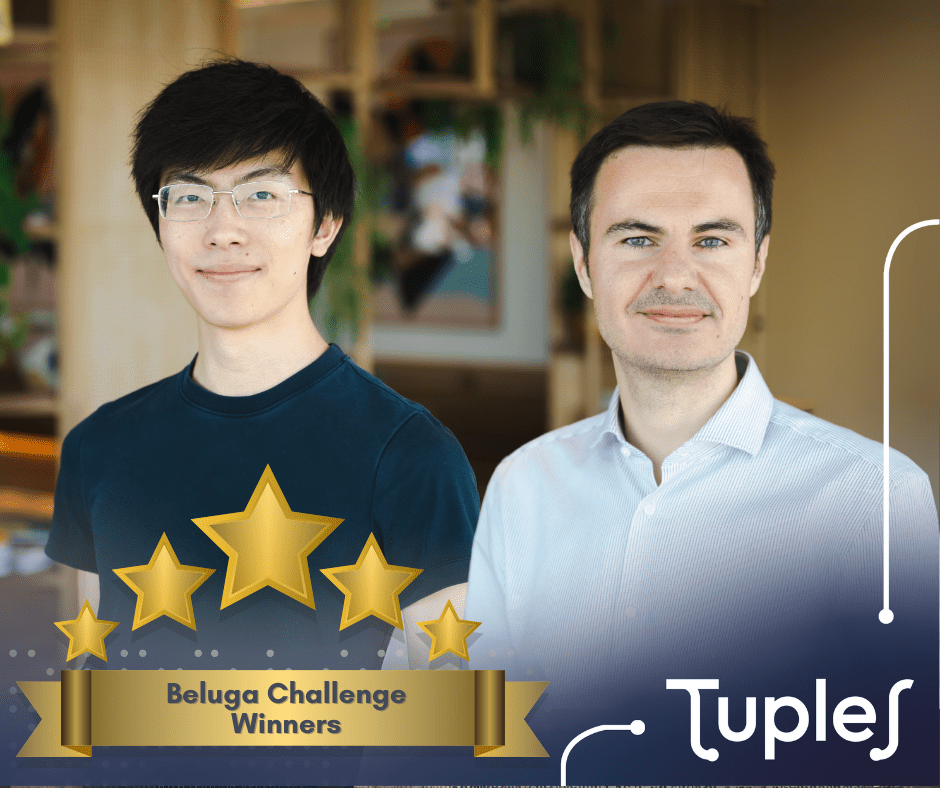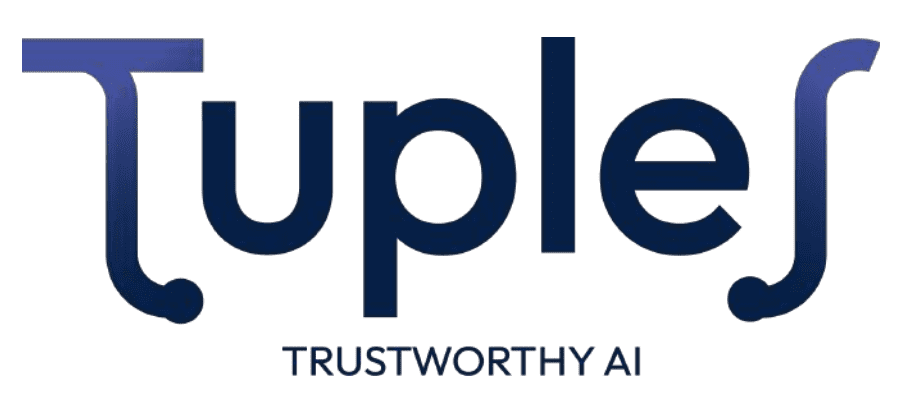Recognizing Excellence in the Beluga™ AI Challenge: Hiverge and the Scalability Tracks
-
16/09/2025
-
NewsNews

A Challenge at the Frontiers of Industrial AI
The Beluga™ AI Challenge was designed to test cutting-edge approaches to some of the most demanding problems in industrial planning and scheduling. The challenge featured three tracks, reflecting two complementary facets of Trustworthy AI: Scalability and Explainability.
The Scalability facet, in particular, was divided into two distinct challenges. The deterministic track focused on traditional approaches where planning models operate under fixed conditions, while the probabilistic track encouraged the exploration of techniques able to cope with uncertainty, such as reinforcement learning and related methods.
Hiverge’s Outstanding Achievement
We are pleased to highlight the outstanding achievement of Bernardino Romera-Paredes and Kerry He from Hiverge, who won both Scalability tracks. Their solutions addressed the complexity of optimizing assembly and transport schedules in the Beluga use case—an area where the scale and intricacy of constraints make conventional methods difficult to apply effectively.
Scientific Contribution and Innovation
From a scientific perspective, their contribution demonstrates the potential of automated heuristic discovery and adaptive planning algorithms. By combining AI program synthesis with the capabilities of large language models (LLMs), their approach is able to generate problem-specific strategies directly as code, moving beyond handcrafted heuristics. This enables scalable solutions that can adapt to evolving operational environments and tackle challenges at a level of complexity that is rarely manageable with conventional techniques.
This achievement also reflects the strong expertise of Hiverge in developing AI-driven planning technologies, building on their experience at the intersection of LLM-guided synthesis, reinforcement learning, and large-scale optimization.
The results of the Beluga AI Challenge confirm that methods capable of addressing both deterministic and probabilistic scalability are critical for the future of AI in planning domains—not only in aerospace logistics, but also in broader areas.
